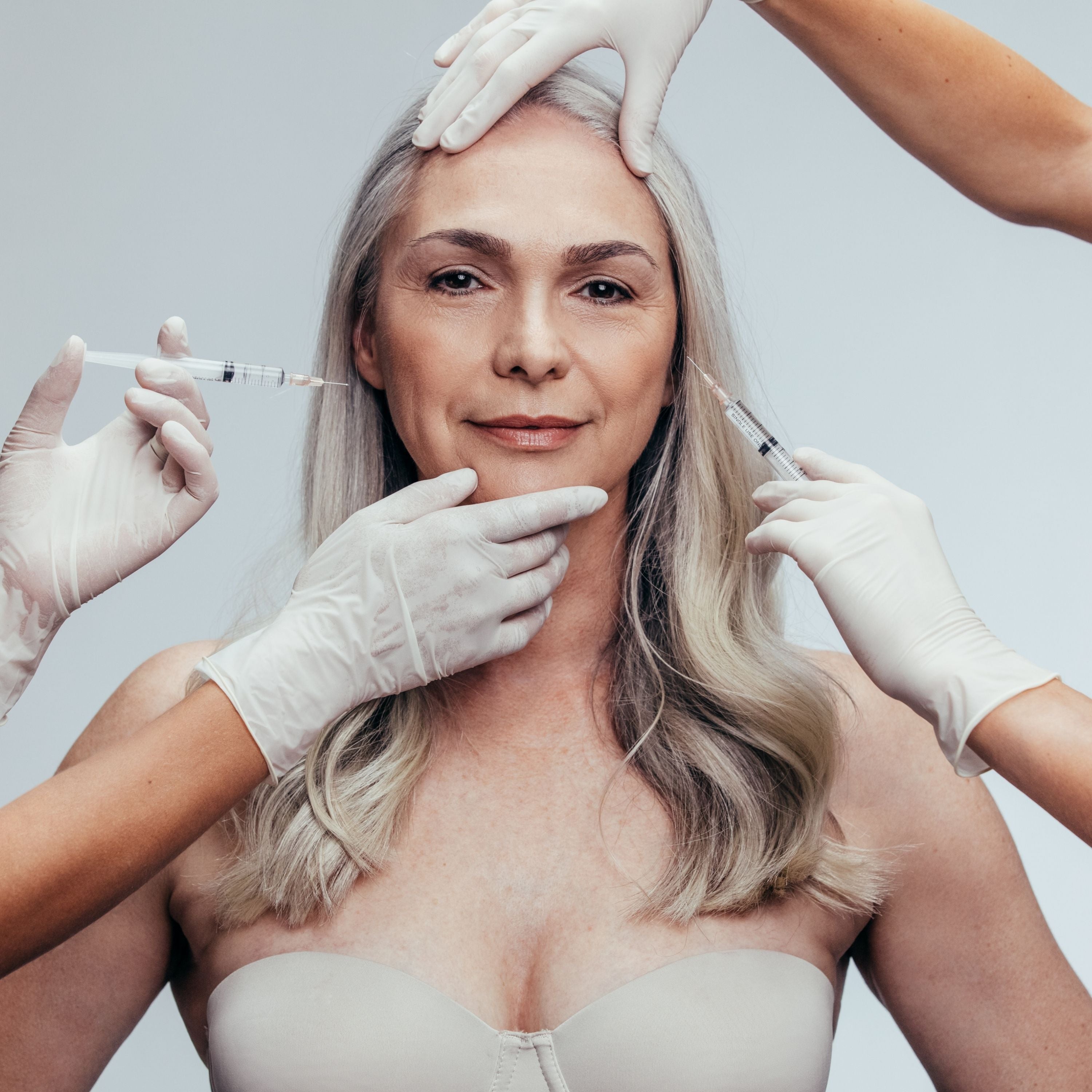
Which Department Should You Visit for Hair Loss?
Hair Loss: Which Department Should You Visit?
Hair loss has become a common issue affecting many people today. Regardless of gender, it can significantly affect quality of life. There may be many causes behind it. To find the underlying reason and get the right treatment, the first step is knowing which doctor to consult. So, which department should you go to for hair loss problems?
What Are the Criteria for Hair Loss?
First, you should determine whether your hair loss is within normal limits. Experts consider it normal to lose 50 to 100 strands of hair per day. However, if you're losing more than this, or if you notice thinning, sudden bald spots, or visible scalp areas, your hair loss may be a serious concern. Signs of serious hair loss include:
-
Sudden Hair Loss: Could be triggered by stress, hormonal imbalances, or underlying medical issues.
-
Patchy Bald Spots: Round or oval bald spots may indicate alopecia areata, an autoimmune condition.
-
Thinning and Weak Hair: Can result from vitamin/mineral deficiencies, hormonal problems, or health issues.
-
Itching and Flaking: May point to eczema, fungal infections, or other dermatological conditions.
Which Department Deals with Hair Loss?
-
Dermatology: Your first visit should be to a dermatologist, a specialist in skin and scalp conditions. They can run tests to determine the cause and recommend treatment, especially for issues like eczema, psoriasis, fungal infections, or alopecia areata.
-
Endocrinology: If hair loss is hormone-related (e.g., thyroid issues, menopause, post-pregnancy), you may be referred here.
-
Internal Medicine: Conditions like anemia, vitamin deficiencies, or chronic illness may cause hair loss. An internist can perform tests and identify the systemic issue.
-
Psychiatry: Psychological stress, anxiety, or depression can trigger or worsen hair loss. If stress is a factor, psychiatric support can help.
What Should Be Your First Step?
If you're experiencing hair loss, your first step should be to consult a dermatologist. They can identify the root cause and refer you to the appropriate specialty if needed. Early diagnosis makes it easier to stop or reverse hair loss.
Avoid using random products or unproven treatments, as they may cause more harm than good. Professional medical support is the best way to protect your hair health.
Conclusion
Hair loss is a condition that should not be taken lightly. Start with a dermatologist and, depending on the cause, seek help from endocrinology, internal medicine, or psychiatry. Early intervention is key to maintaining healthy hair.


















